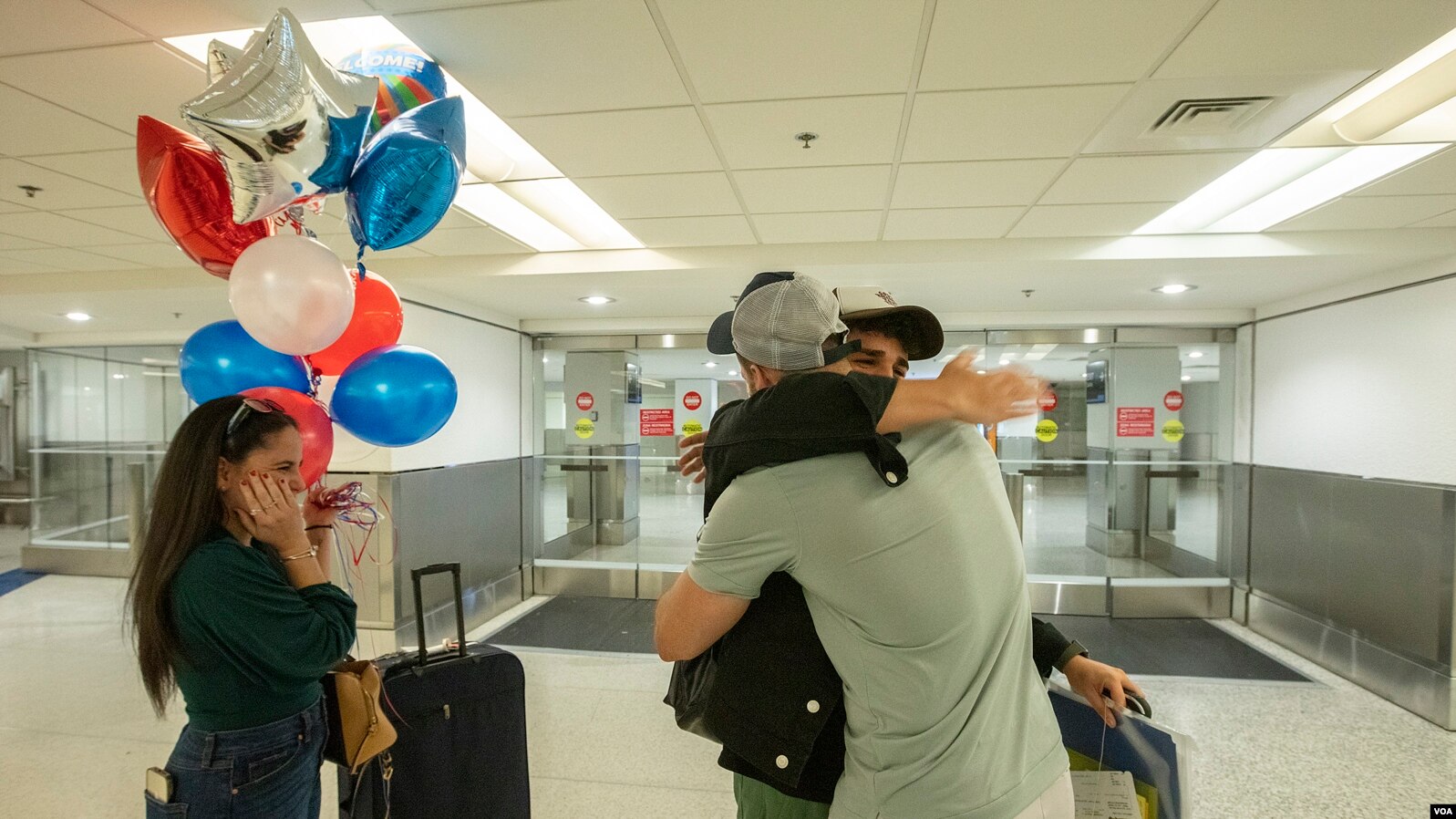
A federal judge in Massachusetts has temporarily blocked the Trump administration’s attempt to revoke deportation protection and work permits for about half a million individuals from Cuba, Haiti, Nicaragua, and Venezuela who are in the U.S. under the Biden-era humanitarian parole program. This ruling emphasizes the constitutional need for case-by-case reviews before removing legal protections, citing due process concerns.
👉👉 If you believe in independent reporting, subscribe today to the YouTube channel. Thank you for your support.
Judge Indira Talwani’s decision ensures that those affected by the Trump administration’s attempt to dismantle the parole program will retain their legal status for now, preventing a mass revocation without individual scrutiny. The decision has been met with relief by communities and organizations advocating for migrant rights.
Despite the temporary suspension of the revocation of the humanitarian parole and related work permits, experts remind the community that this is not a permanent solution. The future of the policy remains uncertain as the legal battle continues, and higher courts will eventually need to make a final determination. In the meanwhile, those under the program are encouraged to pursue other legal avenues such as the Cuban Adjustment Act.
The CHNV program, established under the Biden administration, provided over 530,000 individuals from four countries with the ability to legally reside and work in the U.S. The program was terminated by the Trump administration, which argues it undermines American workers and lacks sufficient vetting processes.
Support Independent Journalism
Choose an amount
Or enter a custom amount
Your contribution is appreciated.
Donate